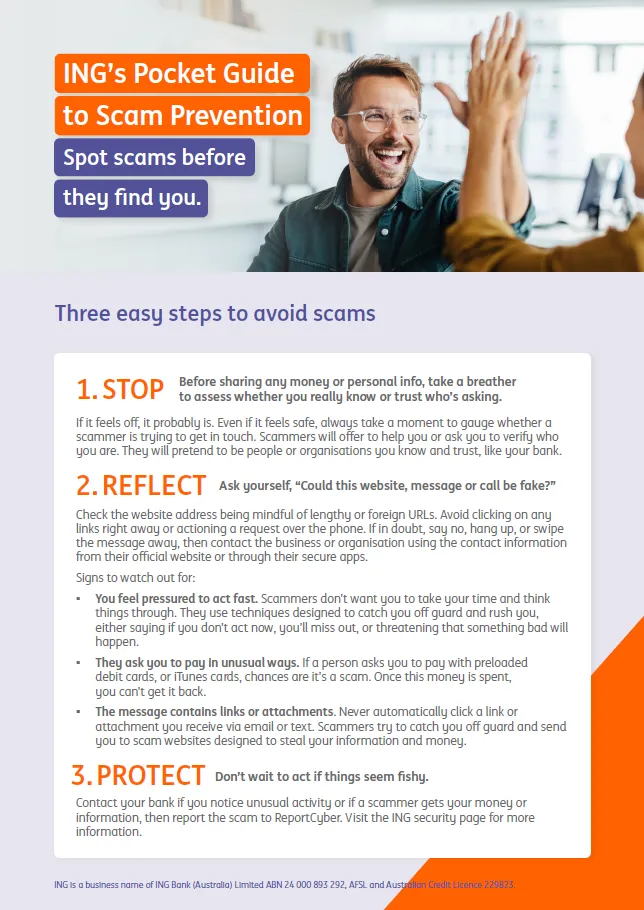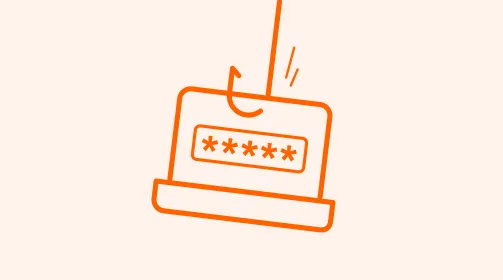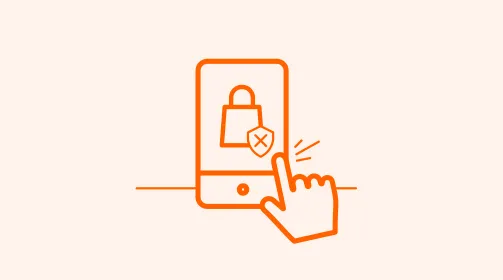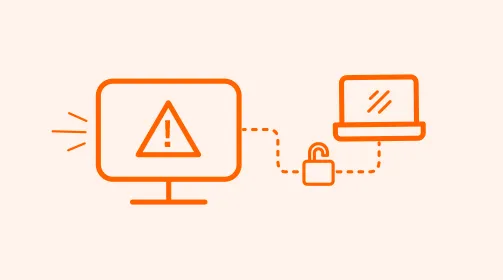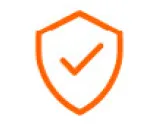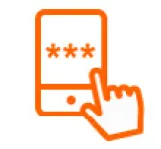Latest scams and security alerts
We want to keep you up to date with all the latest
common security alerts. The faster you can recognise a scam, the better you
can dodge it.
To access an easy read format of information on how to avoid scams click here.
ING customers have reported receiving scam investment solutions and cryptocurrency trading opportunities from a variety organisations with some having been falsely endorsed by high profile individuals. The scammers are using email as well as placing ads on social media.
Some examples of the scams our customers are receiving involve highly convincing deepfake campaigns using fabricated endorsements from high profile public figures-including Gina Rinehart, Bindi Irwin, Brad Pitt and the Australian Prime Minister Anthony Albanese to promote 'get rich quick' investments opportunities.
Victims are drawn in by apparent credibility from familiar trusted celebrities, professional looking platforms with false performance dashboards, Incremental investment requests reducing initial suspicion and regular fabricated updates reinforcing trust.
Scammers typically promise returns within a 90-day period, leaving victims to believe their funds are safe until the maturity date passes - by this point, the scammers have disengaged making recovery highly unlikely.
It is also worth noting that genuine service providers will not ask you to send money to an individual account or pay in cryptocurrency – these payment would be made through a legitimate financial service provider. Always use a licensed Australian financial services provider when you invest. Check they are listed on AFCA's financial firm directory.
Before you invest your money, check basic facts about what you are investing in and who with. Follow the tips on check before you invest on the https://moneysmart.gov.au/check-and-report-scams/check-before-you-invest
If you have any concerns relating to a suspected scam investment, call us on 1800 052 743.
Stay up to date: www.scamwatch.gov.au | More tips oaic.gov.au | Been scammed? Call 1800 052 743
